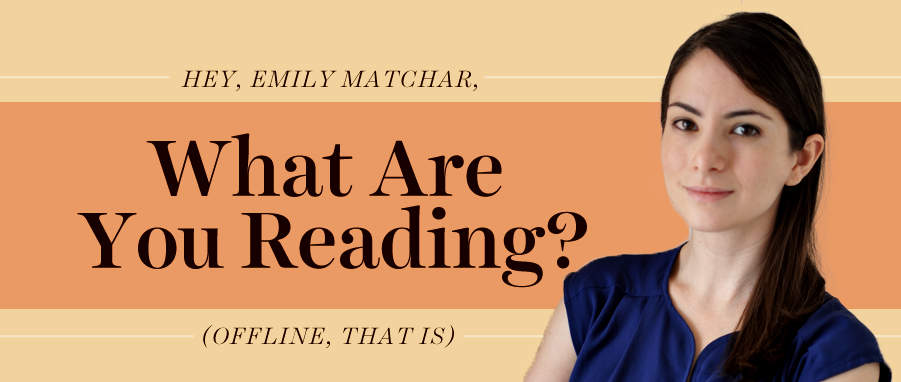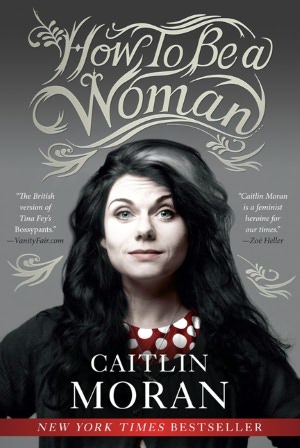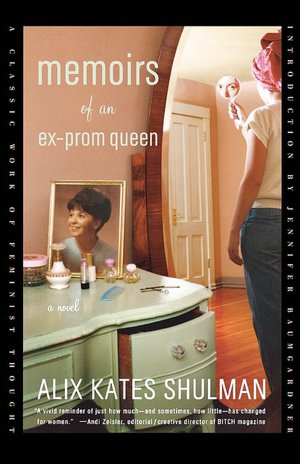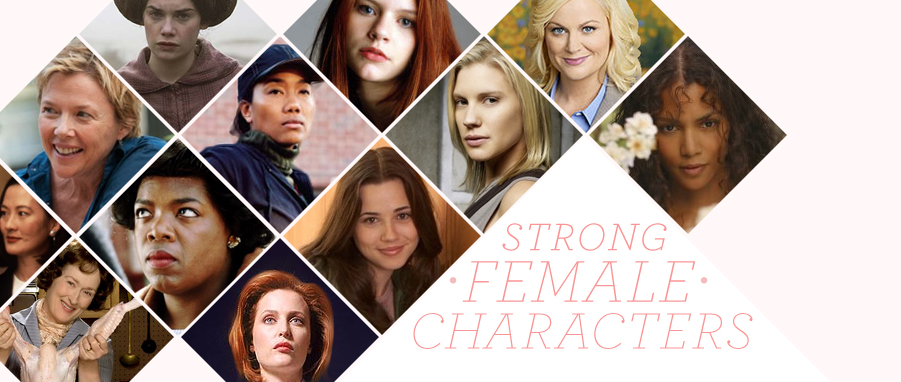Sometimes we all need just a touch of sunshine, right? We got our fill last weekend in Miami. Apart from quick runs through the airport, I haven’t been to Miami in several years and I was surprised at how much has changed. Well, at least it has downtown. When I was there last, for a long work event, there was hardly anything to do downtown, you had to go substantially further away. But now the whole skyline is full of shiny glass buildings. I’m sure they give their residents ocean views just as far as the eye can see.
I don’t know Miami that well, but I’ve always appreciated a visit. There is just something about the atmosphere that seems fun; I think it has something to do with all that sunshine. I’ve also learned the following during my brief visits:
- When in doubt go with color…:Hot pink, neon green, turquoise blue, light up purple…those all seem to be fair game in Miami, and I’ve always admired the city’s tendency to just go for it. Once winter sets in here, we’re all black nearly all the time and those pops of bright are like little multi-colored sunshines all by themselves.
- …But temper it with white: Part of what makes those colors pop is that they’re still on a neutral background. It’s just not black. White is clean…and airy…and bright, and it makes me want to see all those colorful details more.
- What’s old can be new again: Miami has such history and just because something fell out of favor for a bit doesn’t mean it’s done in Miami. You could look at South Beach---or even the downtown area. I think there is a tremendous capacity to restore and make new areas and architecture that aren’t found so readily in other parts of the country.
- Lime goes with chicken soup: Once, when passing through Miami, I came back from a trip rather ill, and a good friend picked me up at the airport. Her husband picked up chicken soup and in the Latin tradition, taught me to squeeze lime into it. It has changed chicken noodle soup for me forever.
- Children belong: I think people don’t often realize that while Miami certainly has its fun for adults, children have a prominent place there too. It’s such a wonderful feeling to feel welcome as a family. Traveling with children is not always the easiest, so be sure to extend that same welcome to others who arrive with children, regardless of whether you expected them.
- Appreciate what’s around you, especially if it’s the beach: I actually find the beach around Miami to be beautiful. Maybe not right downtown, but in the area and I’m surprised when people who live right there, tell me that the beach isn’t that wonderful. Or that it’s too cold. I know that when you live right next to things, it’s tempting to take them for granted, but try to appreciate it. For someone else, it might be the attraction of a lifetime.
All my love,
Mom







































 For some southerners, camping under the stars, hunting a variety of animals, fishing for the largest bass in the river, and being outside in general is a necessity. I wouldn't go as far as to call myself the outdoorsy type but I do appreciate the beauty of nature. When I was younger, my family lived on a bluff in north Alabama. Our backyard was filled with massive rock sculptures, mossy pathways, trees for miles, honey suckle vines, a creek that seemed more like a river, the whole nine yards. My sister and I would spend hours riding crushed boxes down the leaf-covered ground, trying to squeeze in between boulder crevices, and figuring out the best way to cross the water without getting drenched (or in trouble with our mother). When I think back to my childhood, those memories burn as bright as the camp fire we used to make s'mores around with all the other neighborhood kids. My passion for carelessly playing around in the woods diminished when I was thisclose to stepping on a rattle snake. I swore off nature adventures after that day and never revisited my once favorite past time.
For some southerners, camping under the stars, hunting a variety of animals, fishing for the largest bass in the river, and being outside in general is a necessity. I wouldn't go as far as to call myself the outdoorsy type but I do appreciate the beauty of nature. When I was younger, my family lived on a bluff in north Alabama. Our backyard was filled with massive rock sculptures, mossy pathways, trees for miles, honey suckle vines, a creek that seemed more like a river, the whole nine yards. My sister and I would spend hours riding crushed boxes down the leaf-covered ground, trying to squeeze in between boulder crevices, and figuring out the best way to cross the water without getting drenched (or in trouble with our mother). When I think back to my childhood, those memories burn as bright as the camp fire we used to make s'mores around with all the other neighborhood kids. My passion for carelessly playing around in the woods diminished when I was thisclose to stepping on a rattle snake. I swore off nature adventures after that day and never revisited my once favorite past time.